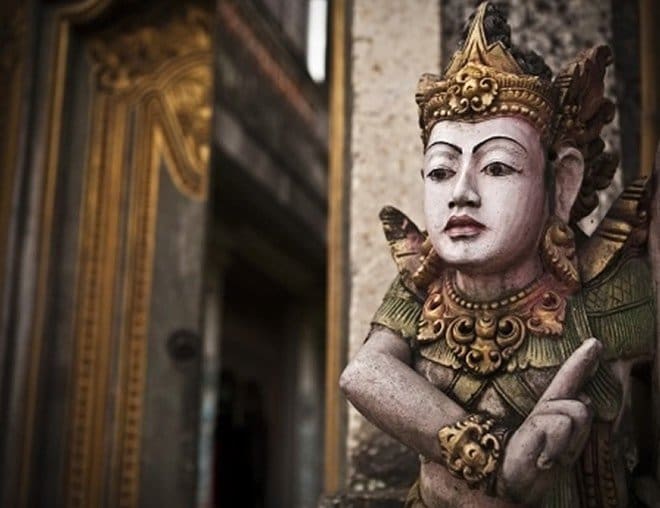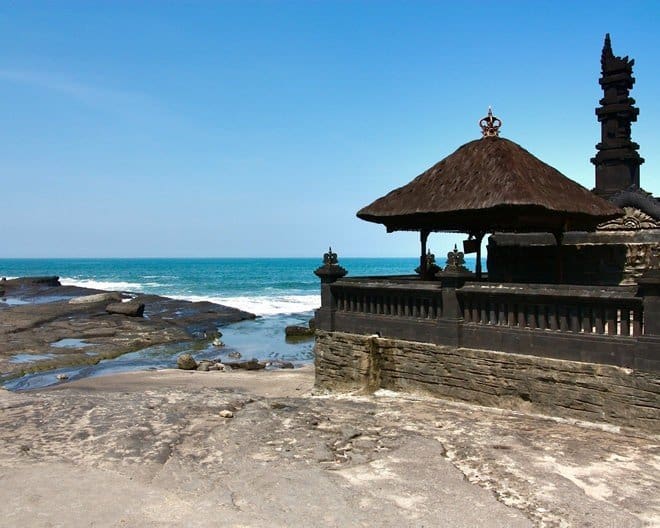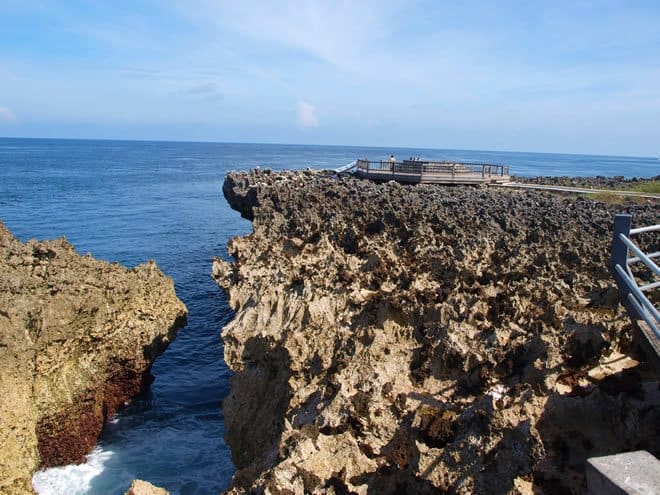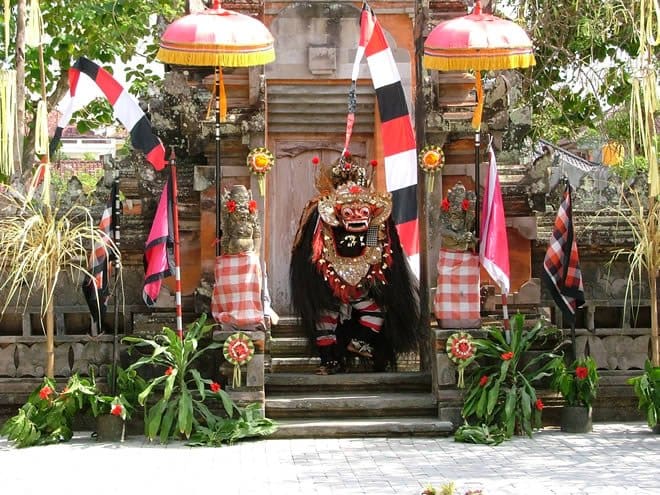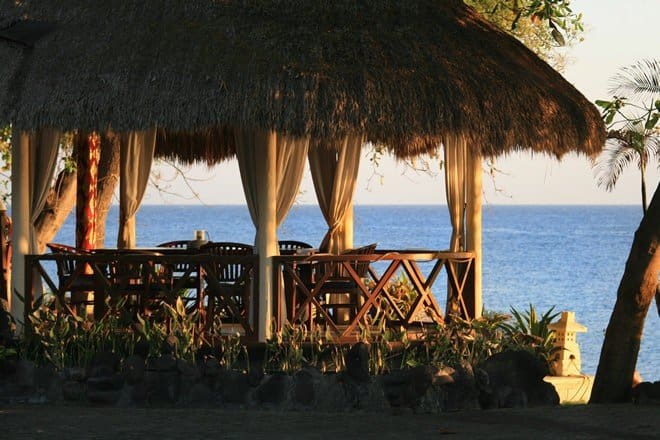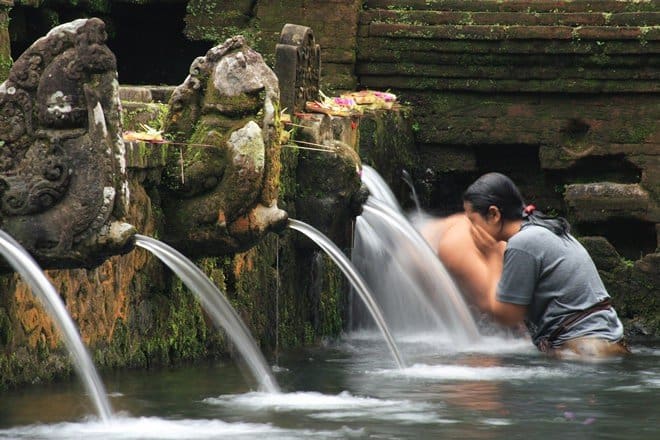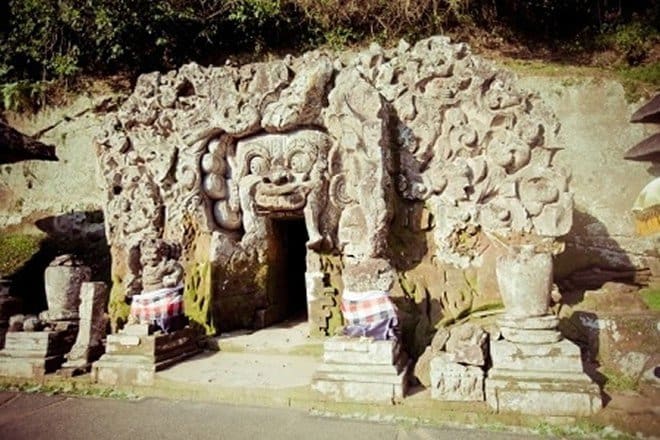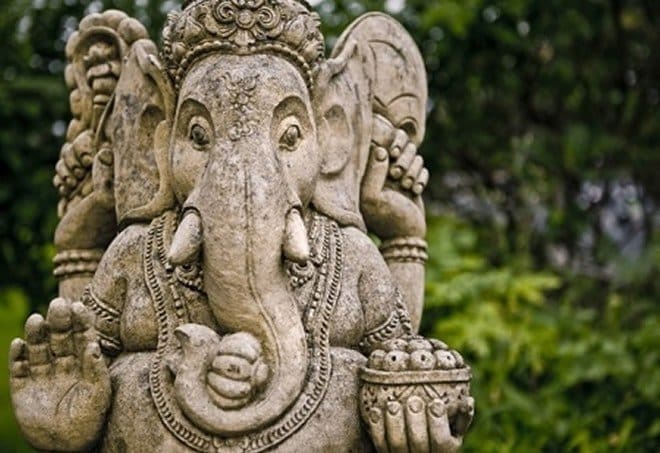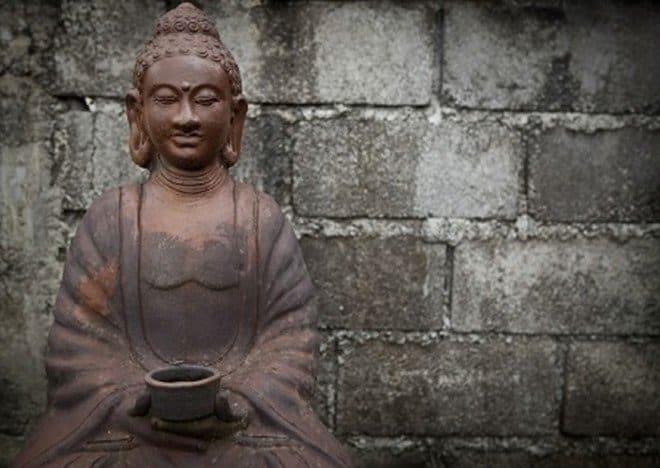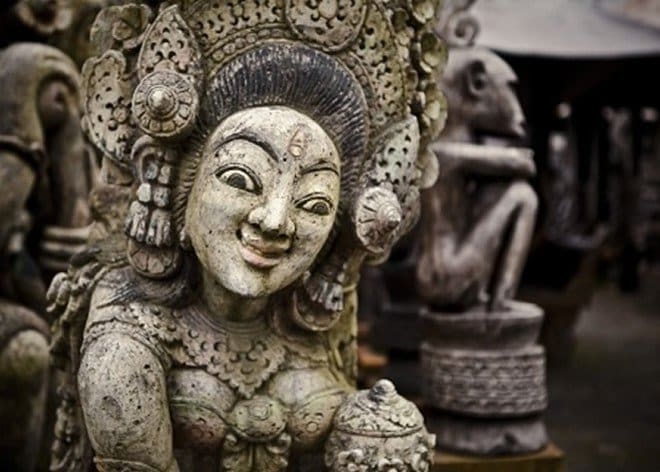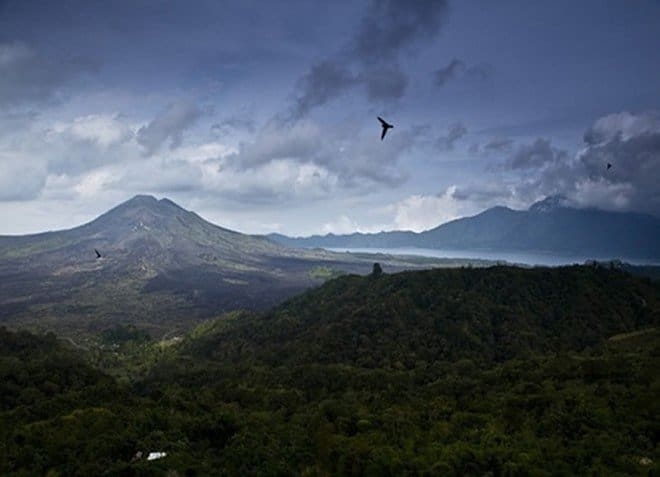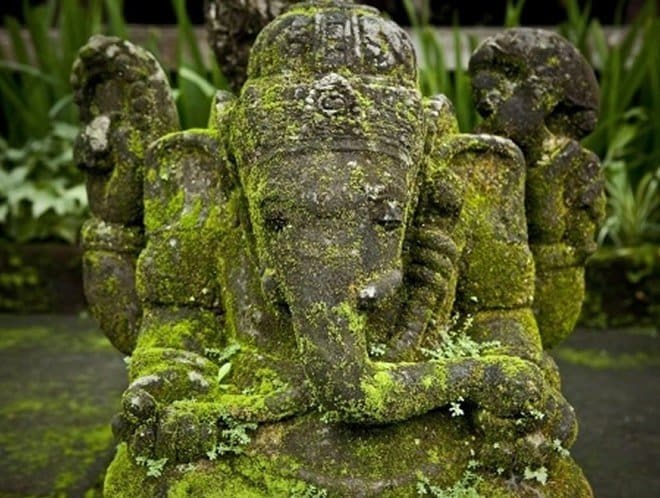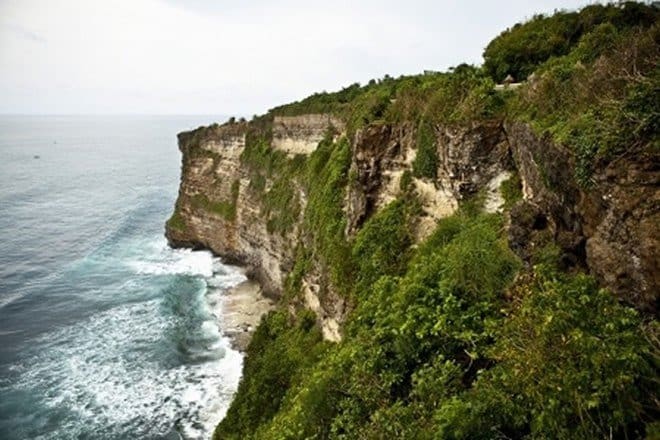Second Honeymoon in Bali
A quick overview of the topics covered in this article.
Beautiful, exotic Bail is a wonderful second honeymoon destination for couples looking to get away from it all for a couple weeks or more. Airfare tends to be the major expense in planning a trip to Bail. You will find that accommodations, activities, entertainment, and food are all very reasonable, if not downright inexpensive compared to other destinations. When it comes to accommodations, you will find a wide variety of wonderful offering to suit every taste from cozy beachfront bungalows to luxurious resorts. Some resorts even offer child-free zones and accommodations.
You want to be sure to leave plenty of room in your luggage for souvenirs as you will be able to pick up authentic teak pieces, Buddha statues, gorgeous linens, and more for a fraction of the price you’d pay elsewhere.
From elephant safaris to exploring the volcanic mountains, lush green forest, and sandy beaches, experiencing the culture, tradition, and the true flavor of Bali is awaiting you.
The best time to visit Bali tends to be April to September since the rainy season lasts from October through March. You will likely find festivals in March, June, July, and August.
Ready to plan your trip, be sure to get your passport and check the travel alerts and warnings from the US Department of State. It’s also good idea to add the Hotline for American Travelers: 1-888-407-4747 to your phone and pack it in your luggage along with the URL for the US Department of State’s travel page http://www.state.gov/travel/ in case of emergency.
Rules When Visiting Bali (June 2023)
Bad behavior by tourists from around the world has prompted the Bali authorities to roll out a list of dos and don’ts to keep unruly visitors at bay and maintain the cultural integrity of the Hindu-majority island. Wayan Koster, the governor of Bali, announced that all tourists will receive a card upon arrival at the local airport in the coming months. The card details rules, a mix of cultural norms and important laws in Bali — including rules against climbing sacred trees and disrespecting religious sites. Check out the full list of dos and don’t below, according to the Straits Times:
Here’s what you should take note of when visiting the popular holiday destination:
Do:
- Respect the holy, sacred nature of temples and all other religious symbols in Bali.
- Dress modestly and wear appropriate clothing when visiting sacred places and tourist attractions.
- Behave politely and respectfully in sacred places, tourist attractions, restaurants, on the roads and in all other public places.
- Respect the Balinese traditions, customs, art and culture, as well as the local wisdom of the Balinese people during rituals and ceremonies.
- Be accompanied by licensed tour guides when visiting tourist attractions. These guides should understand Bali’s way of life, customs, traditions and local wisdom of the Balinese people.
- Make payments using Indonesian rupiah and the Indonesian Standard QR Code.
- Exchange currency at authorised money changers that display the authorisation number and QR code logo from Bank Indonesia.
- Obey Indonesian traffic laws and regulations, which include having an international or national driving licence, dressing appropriately and not driving under the influence of alcohol or illegal drugs.
- Use legal cars and motorbikes that are officially registered or operated by legal businesses and associations.
- Stay in accommodations that have the required permits in accordance with local regulations.
- Comply with all special provisions and rules that apply in each tourist attraction.
Do not:
- Enter the holy spaces within temples, unless you are there for a Balinese traditional ceremony.
- Touch or climb sacred trees.
- Take photos while wearing immodest clothes or without clothes, or behave in any way that will desecrate holy and sacred places.
- Litter or pollute the water bodies and public spaces in Bali.
- Use single-use plastics such as plastic bags, styrofoam and plastic straws.
- Hurl offensive words and act aggressively towards government officials, members of local communities or fellow tourists, even on social media.
- Work or conduct business activities without obtaining the proper documents.
- Engage in illegal activities such as trading flora and fauna, cultural artefacts and illegal goods including illegal drugs.

